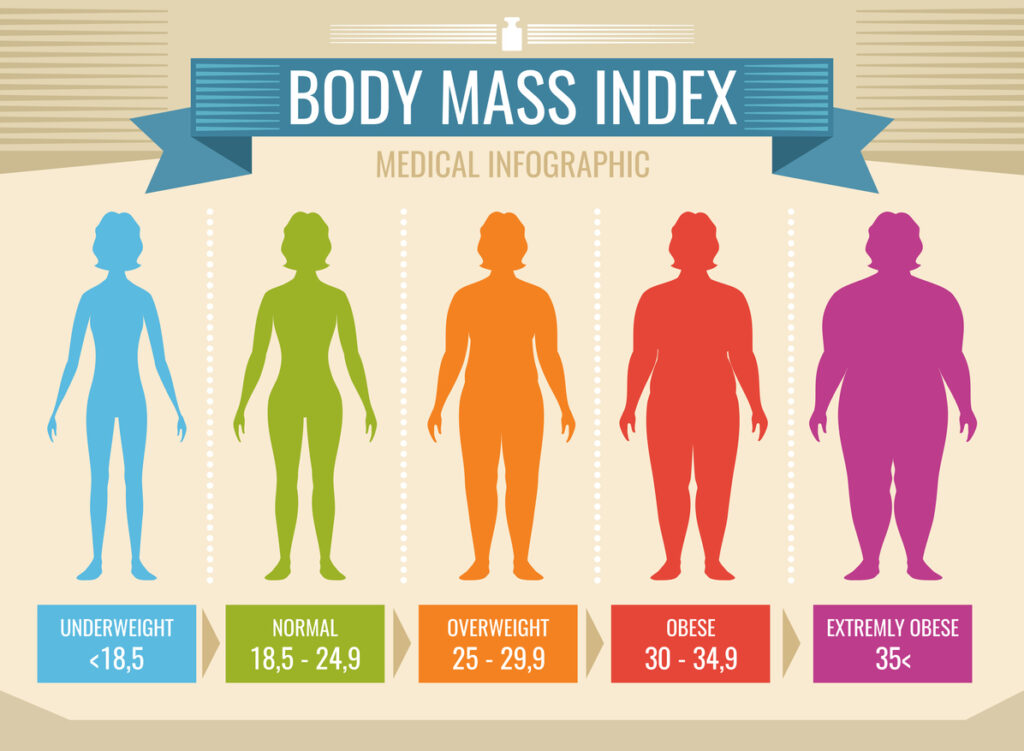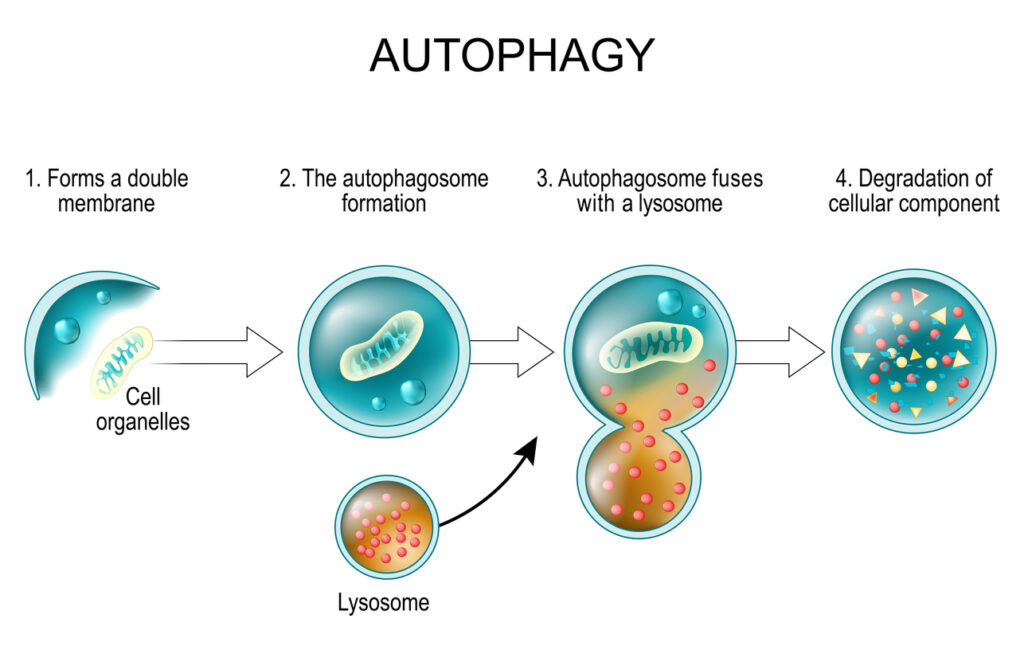Information EN

One-on-one diet coaching utilizing scientific evidence and AI.
This program combines diet and exercise to maximize the effects of autophagy and activate gut microbiota, promoting healthy and efficient weight loss. Rather than simply restricting calories, it fundamentally improves metabolism to bring BMI to an optimal range in a short period. Additionally, AI-driven calorie calculations and weight trend analysis ensure comprehensive and precise management.
As a real example, a person weighing 85 kg successfully lost 15 kg in just three months, achieving their ideal BMI. With this short-term intensive program, you too can attain your healthy, ideal body shape!
Transform into a new you with a scientifically proven, innovative weight loss method!
What is health?

Health is not merely the absence of disease or infirmity but a state of complete physical, mental, and social well-being. This concept is based on the definition of “health” established by the World Health Organization (WHO) in 1948.
Specifically, it includes the following aspects:
Physical health: A state in which there are no illnesses or disabilities, allowing for normal daily activities.
Mental health: The ability to cope with stress and maintain emotional stability.
Social health: Having good relationships and active participation in society.
Maintaining BMI within the appropriate range is recommended as a health indicator. Numerous professional organizations and studies have demonstrated that keeping BMI within the optimal range is crucial for maintaining and improving health as well as preventing lifestyle-related diseases. For example, the WHO emphasizes the importance of maintaining a healthy weight and provides classifications of BMI along with reports on the significance of appropriate BMI levels.

Why is BMI considered important?

BMI (Body Mass Index) is an indicator of the balance between weight and height, serving as a guideline for assessing health risks associated with obesity and underweight. This program emphasizes maintaining BMI within the standard range (18.5–24.9) to minimize the following health risks.
Risks of Underweight (BMI < 18.5)
- Weakened immune system: Increased susceptibility to infections.
- Malnutrition: Health issues due to deficiencies in vitamins and minerals.
- Osteoporosis: Decreased bone density, leading to a higher risk of fractures.
Risks of Obesity (BMI ≥ 25)
- Increased risk of lifestyle-related diseases: Higher likelihood of developing diabetes, hypertension, and dyslipidemia.
- Cardiovascular diseases: Elevated risk of heart attacks and strokes.
- Other health conditions: Higher susceptibility to joint disorders, sleep apnea, and certain cancers (such as colorectal and breast cancer).
Benefits of Maintaining BMI Within the Standard Range (18.5–24.9)

Prevention of lifestyle-related diseases: Maintaining a normal BMI helps stabilize blood sugar levels and blood pressure.
Comfort in daily life: Reduces physical strain and minimizes fatigue.
Improved mental health: Maintaining an appropriate weight enhances self-confidence and reduces stress.
Exceeding the standard BMI range increases the risk of death from diseases such as heart disease and diabetes, with mortality rates rising by approximately 30% for every 5 kg of weight gain. Conversely, being underweight is associated with a higher risk of death, primarily due to diseases related to smoking.

The Necessity of Activating Gut Microbiota


Recent studies have revealed that a type of gut bacteria, Blautia wexlerae (hereafter referred to as Blautia bacteria), has the potential to suppress weight gain and contribute to the improvement of diabetes.
In this study, with the cooperation of medical institutions across Japan, gut microbiota data from approximately 10,000 individuals were collected. The results showed that healthy individuals had a higher abundance of Blautia bacteria, whereas those with obesity or diabetes had lower levels of this bacterium.
Blautia bacteria have been found to produce ornithine and acetylcholine, substances that help suppress fat accumulation and reduce inflammation. In animal experiments, administering Blautia bacteria to mice fed a high-fat diet resulted in suppressed weight gain and blood sugar increases. These findings suggest that Blautia bacteria may play a role in weight management and diabetes prevention.
However, Blautia bacteria are sensitive to oxygen, making it difficult to directly introduce them. Therefore, it is necessary to consume foods that help promote the growth of these bacteria in the gut. For example, fermented foods containing barley and koji are said to aid in the growth of Blautia bacteria. In other words, incorporating these foods into your daily diet can help improve the gut environment.
Additionally, studies have reported that Japanese people have a higher proportion of Bifidobacterium (from the phylum Actinobacteria) and Blautia (from the phylum Firmicutes) compared to Westerners and Chinese people. This difference is believed to be influenced not only by genetic factors but also by long-term variations in dietary habits and lifestyle.

The Significance of Utilizing Autophagy Effects

Impact on Gut Microbiota Balance Through Gut Environment Improvement
Autophagy is a cellular mechanism that breaks down and recycles unnecessary proteins and waste materials. It gained significant attention after Professor Yoshinori Ohsumi was awarded the 2016 Nobel Prize in Physiology or Medicine for his research on this process. Autophagy promotes the health of the intestinal mucosa and helps maintain a balanced gut environment. In other words, an improved gut environment creates favorable conditions for the proliferation of Blautia bacteria.
Changes in Lipid Metabolism
Autophagy also plays a role in regulating lipid metabolism. It helps suppress excessive fat accumulation in adipocytes and utilizes metabolic byproducts as energy. This process alters the nutritional balance in the gut, potentially promoting the growth of specific bacterial species, such as Blautia.
Anti-Inflammatory Effects
Autophagy is known for its anti-inflammatory effects. By reducing chronic inflammation in the gut, it creates a more favorable environment for the growth of Blautia bacteria, which are sensitive to inflammation.
Activation of Blautia Bacteria
Blautia bacteria produce short-chain fatty acids (e.g., butyrate) in the gut, contributing to energy supply for the intestinal lining and inflammation suppression. Autophagy enhances the efficiency of energy utilization in the gut, which may help activate the growth and function of these bacteria.
Data Analysis Using AI


Health and Weight Loss Program Utilizing Scientific Data Analysis with ChatGPT
This program provides evidence-based weight loss support tailored for middle-aged and older adults. It aims to extend healthy life expectancy and prevent lifestyle-related diseases through a personalized approach that leverages individual data.
Data Analysis and Support with ChatGPT
This program utilizes ChatGPT for data analysis and optimization of health management. By effectively leveraging AI, it provides more efficient and personalized weight loss support through the following key aspects:
1.Health Data Analysis
The program collects data on participants’ weight, BMI, dietary habits, and exercise routines. Through ChatGPT-driven analysis, it provides optimized recommendations for improvement.
2.Advice Reflecting the Latest Scientific Findings
The program provides real-time, evidence-based advice on topics such as the impact of gut microbiota and the effects of autophagy. This supports a healthy transformation of the body based on the latest scientific knowledge.
3.Diet Progress Management and Motivation Maintenance
The program visualizes each participant’s progress based on data and provides appropriate feedback, supporting long-term adherence to their weight loss journey.
4.Optimization of Diet and Exercise Plans
The program suggests personalized dietary plans incorporating barley and fermented foods, along with aerobic exercise routines tailored to individual lifestyles.





